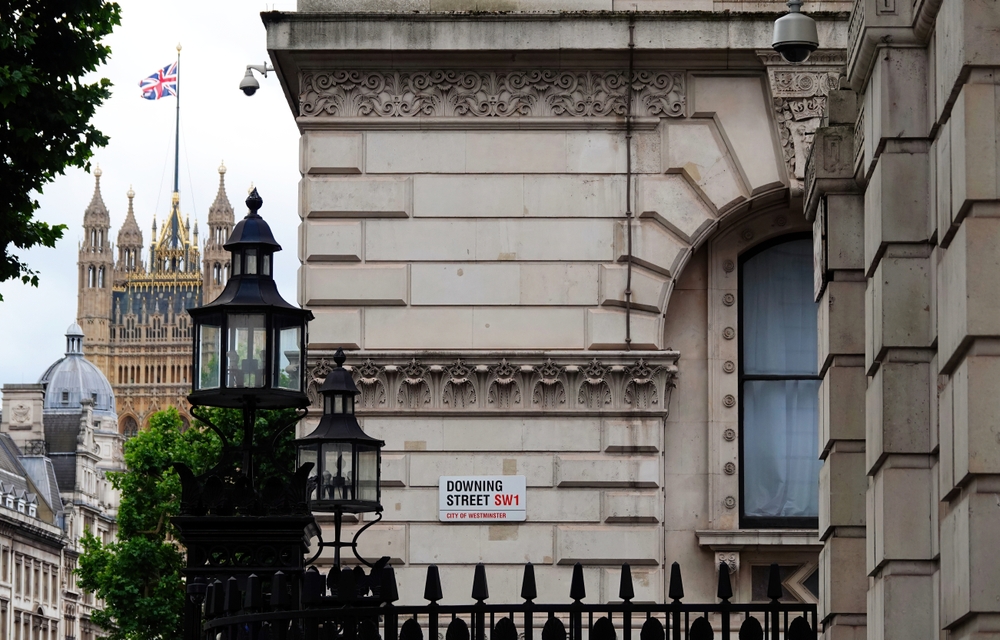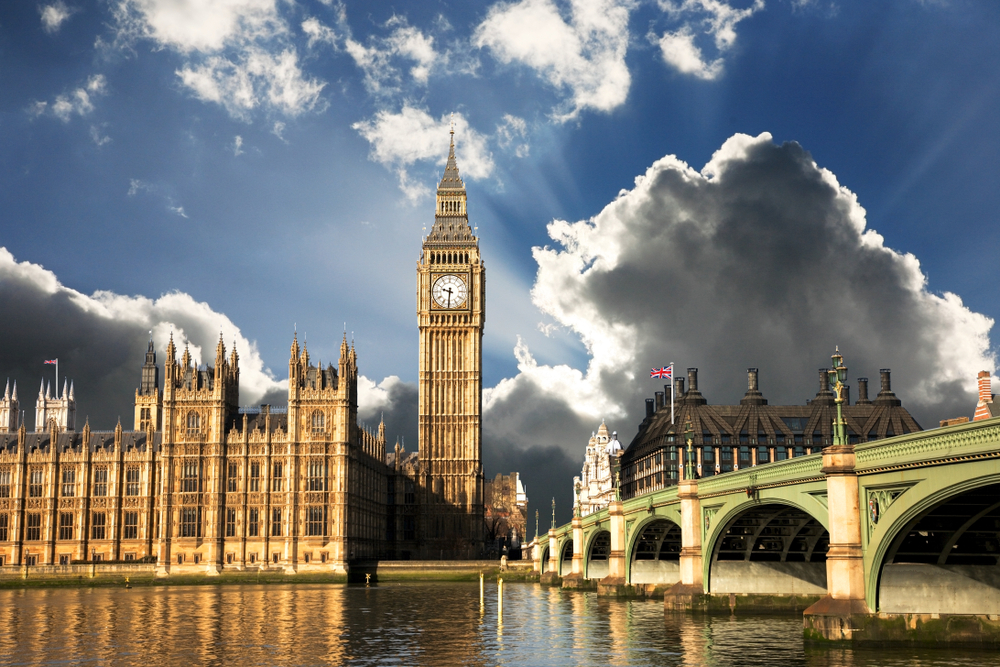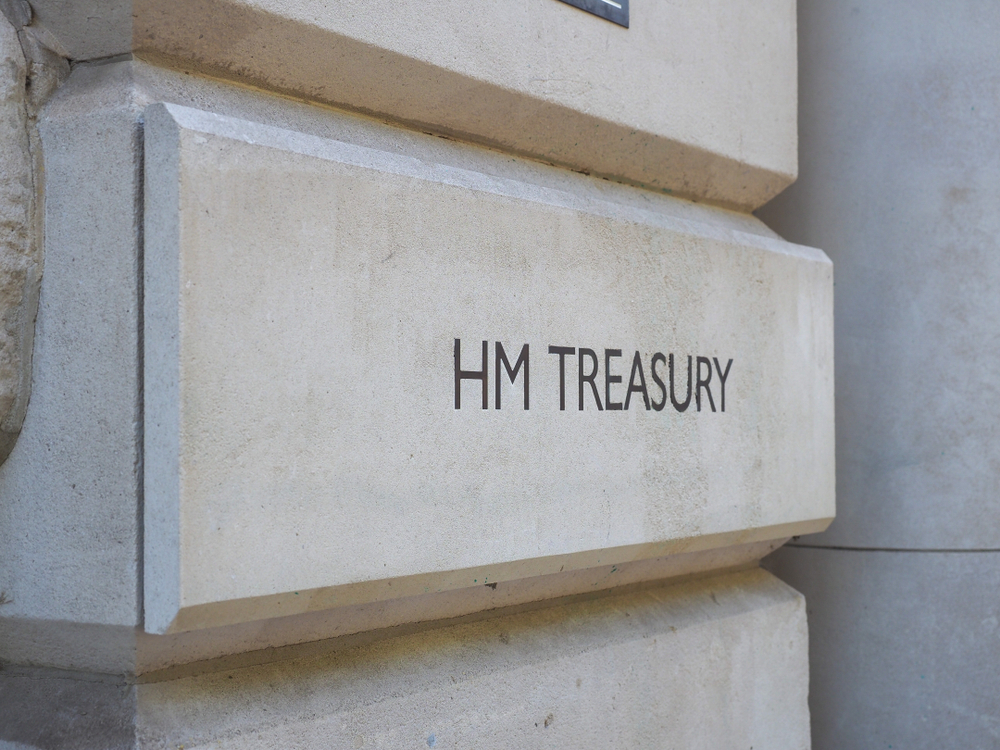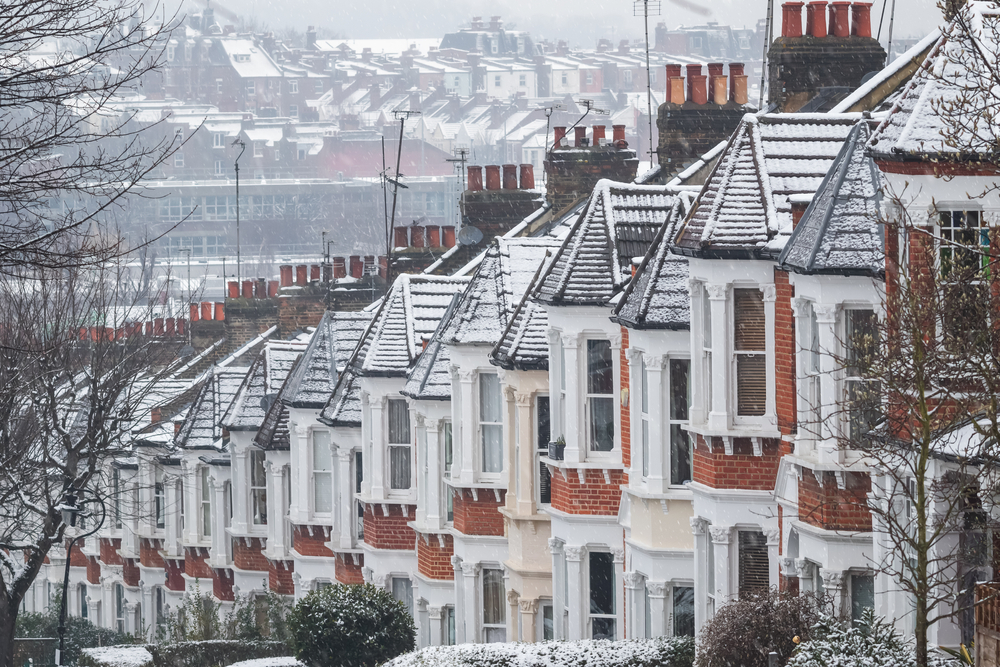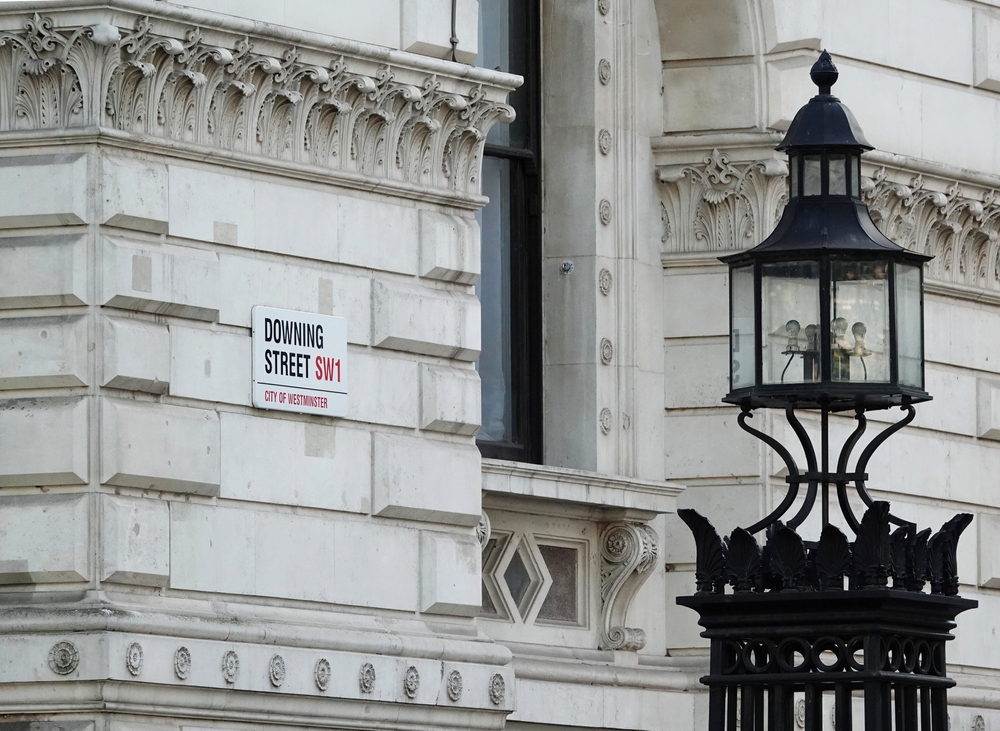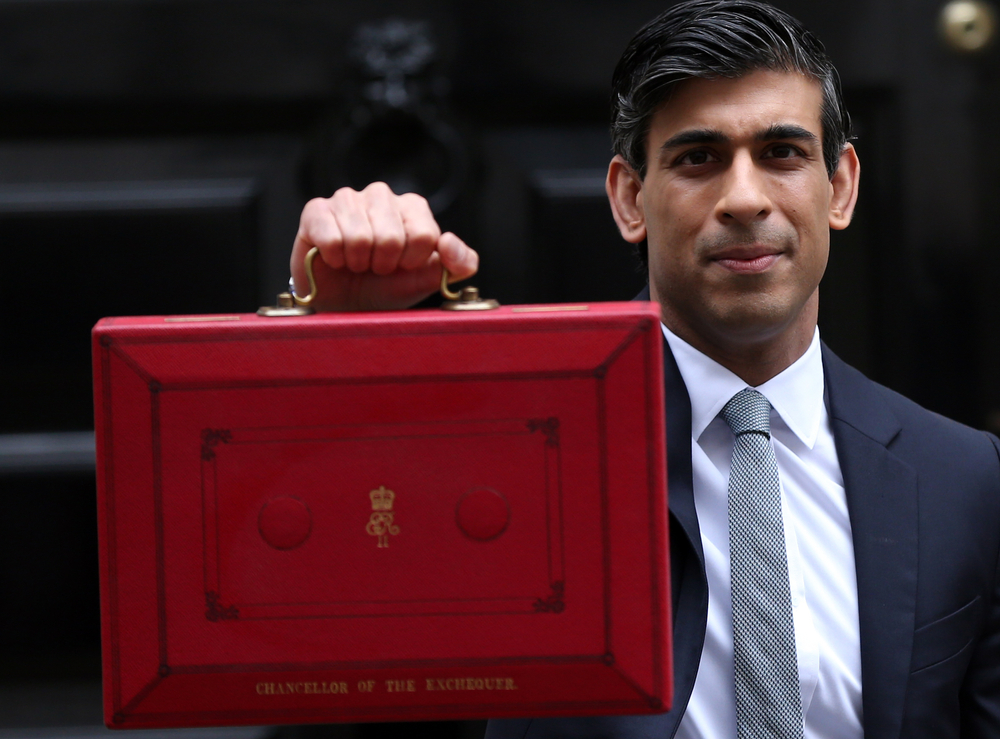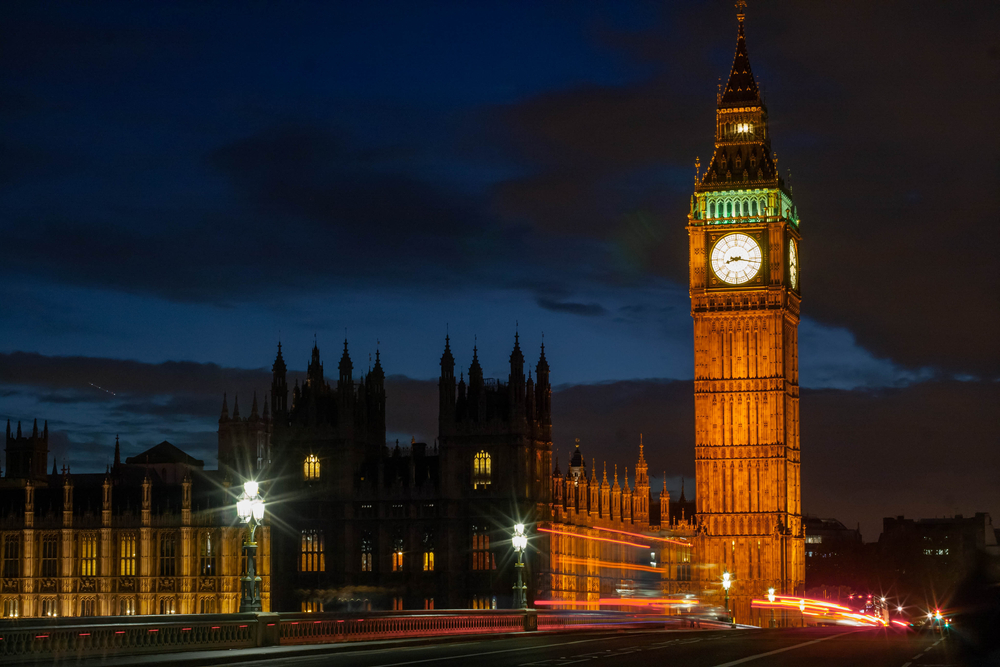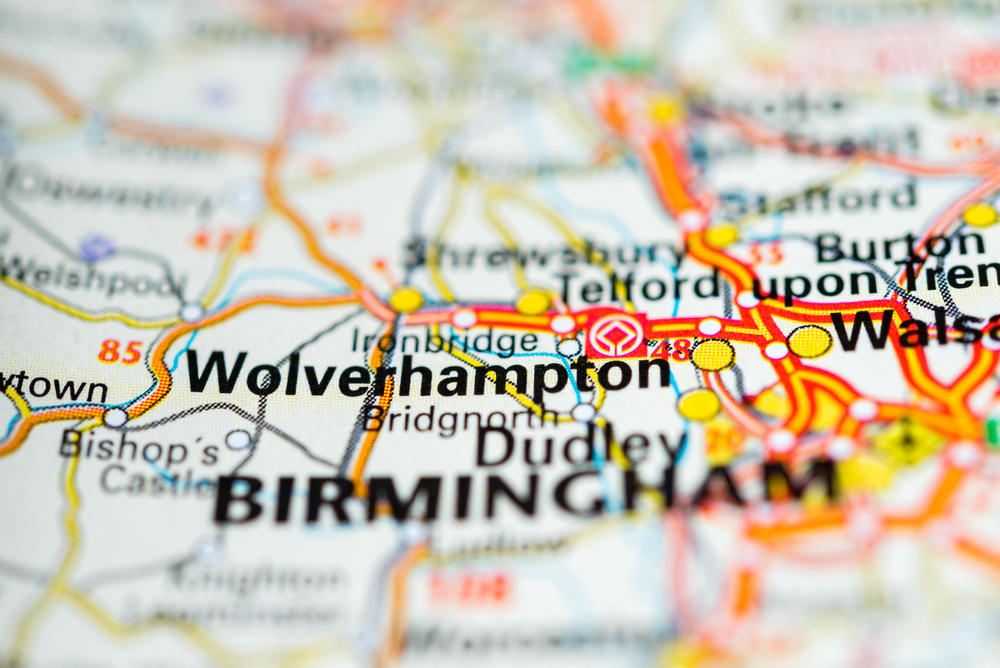End Fuel Poverty Coalition members have reacted to the Chancellor’s autumn statement as it has been confirmed that Coalition members will be joining forces with others in the Warm This Winter campaign to call for a day of action on 3 December to protest at the lack of UK Government support for those in fuel poverty.
A spokesperson for the End Fuel Poverty Coalition, commented:
The Chancellor has now condemned 7 million households to suffer in fuel poverty this winter. The rise in the energy price cap from April next year could see this figure increase to 8.6 million households.
We are already seeing the horrific impact of living in cold damp homes on children, the elderly, disabled and those with illnesses ranging from cancer to asthma. Even with the additional funding pledged to the NHS and social care system today, we are deeply concerned that it will be overwhelmed by the energy bills crisis and millions will suffer.
The Chancellor could have raised all the money required to save the public from fuel poverty this winter through a more comprehensive Windfall Tax. Instead, he has chosen to protect the profits of oil and gas firms over protecting people’s lives.
A film by the Warm This Winter campaign summarised the criticisms of the Budget.
Tessa Khan from Uplift commented:
The chancellor rightly diagnosed climate breakdown and energy affordability as two of the biggest challenges we face, but has sided today with the industry driving both: oil and gas.
Until this year, the UK offered among the most lucrative tax conditions for oil and gas producers in the world. The rise in the rate of the windfall tax to 35% is therefore welcome, but it is a temporary fix when what is needed is permanent reform.
More alarmingly, Hunt has failed to close the gaping tax loophole that allows companies such as Shell to avoid tax if they invest in new oil and gas fields. It also gives them an even bigger handout if they choose to power their oil and gas rigs using wind – despite the fact that the vast majority of emissions come from burning, not extracting, oil.
Not only will this see billions in lost tax, it sends us in precisely the opposite direction to the one that will get us out of this hole for good.
This is the “highway to climate hell”, that the UN secretary general, António Guterres, warned world leaders about at Cop27.
It is also the route to permanently high energy bills.
Electricity generators have also been hit with a 45% windfall tax but without the generous allowance for new investment that oil and gas companies benefit from.
This is an absurd outcome given the dual crises we face of climate breakdown and energy affordability.
Alethea Warrington, from climate charity Possible, which is part of the Warm This Winter campaign, said:
The Chancellor’s windfall tax doesn’t go far enough on dirty fossil fuels, while clean energy generators got slapped with the biggest single levy increase in the budget.
This is completely backwards.
Oil and gas companies continue to reap eye-watering profits while the climate and people across the UK feel the burn.
The government should act to increase clean, cheap energy by unblocking onshore wind and implement a bigger windfall tax on oil and gas companies.
This would provide the funds we need to keep everyone warmer this winter by insulating our homes and cutting bills for those who need it most.
While the Government did announce funding for energy efficiency measures and a new task force to make it the nation’s mission to improve buildings, Sam Alvis, head of economy at Green Alliance, said:
The chancellor is asking people to wait another three years to get their home insulated when they urgently need help now. Promises for after the next election isn’t good enough.
Today was more about raising money than spending it. It’s right that oil and gas companies are being asked to pay more, but it’s still unclear why the UK isn’t levying the same tax rate as Norway.
While the investment allowance has shrunk for oil and gas, electricity generators aren’t getting the same incentives.

